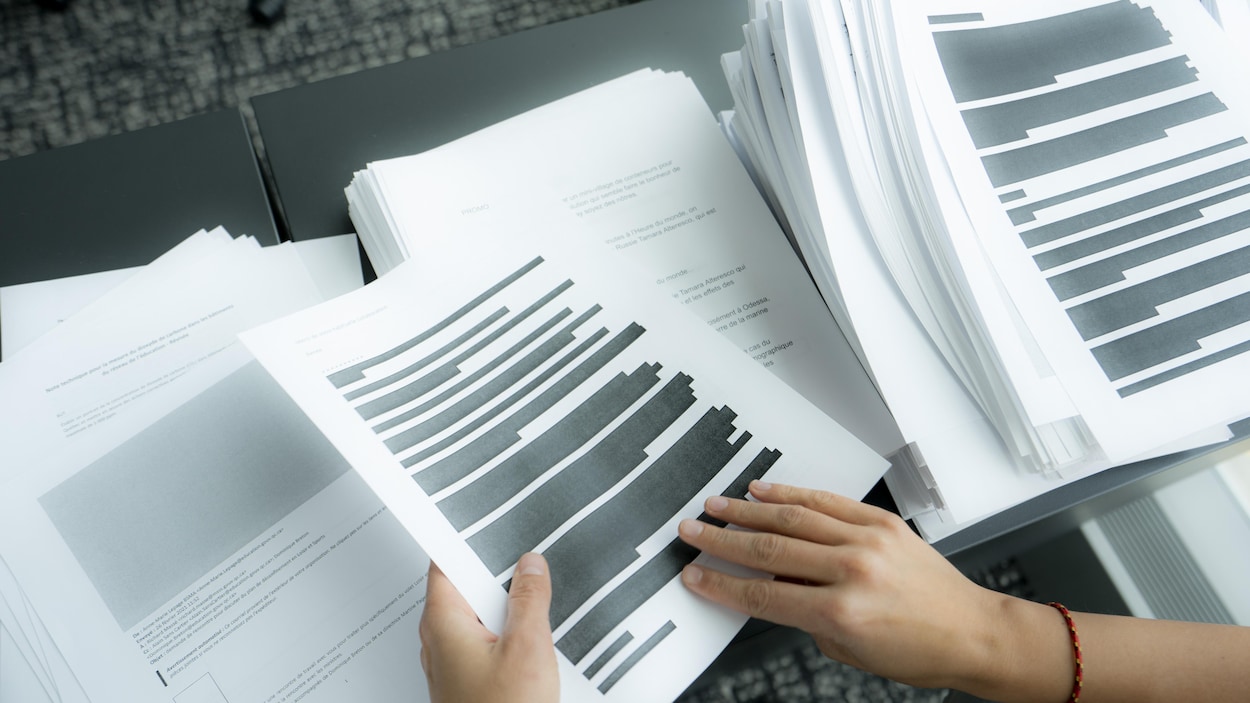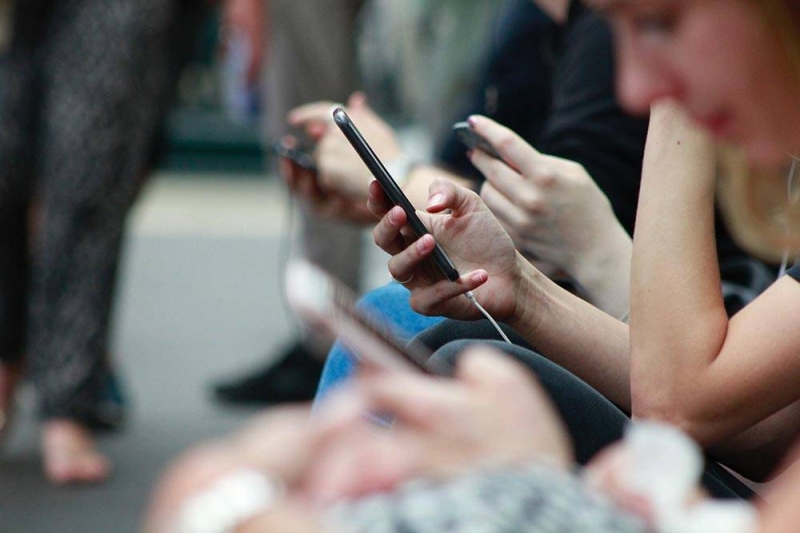dopamine addiction
We are drawn to this pleasant sensation, and therefore we are drawn to everything that is able to make us happy all day long. When using dopamine, our bodies present themselves in small or large doses … depending on the degree of their addiction. “These activities cause different sensations, because they go through different pathways. Sight, hearing, tasting … but if we don’t make the connection between Netflix or sugar, the brain is not at fault,” explains American endocrinologist Robert Lustig.
According to this practicing professor at the University of California, the human brain interprets and understands both processes in the same way: as a reward. A reward that remains on time and above all short-lived, hence this constant desire to renew experiences of pleasure. the worst ! By virtue of receiving rewards, the latter lose their value over time and “use”. “Because of the stimulation, pleasure neurons become saturated. They are blocked. To find the same sensations, we ask for more, “explains Professor Lustig.
The race for fun takes place in the manner of hypnosis. We focus on our happiness, let go of the rest, lose focus and insight…the brain is dazed.
What is dopamine fasting?
Right now in vogue among the Silicon Valley elite, this particular fast is actually depriving yourself of dopamine. Forced and voluntary weaning helps to dispense with “artificial” pleasure stimuli and focus on the essentials. “Maybe the fact of ‘retirement’ makes life more exciting when you come back to it,” Cameron Sebah, MD, professor of clinical psychiatry in San Francisco, says in an article posted on LinkedIn. “By taking a break from the behaviors that cause dopamine to rise, especially frequently, our brain recovers,” says the specialist.
An argument that seems to convince more and more followers around the world but also in Morocco. “I was in a bad patch and decided to do a dopamine fast for 40 days. No social networks, no TV, no internet connection. I even left coffee and artificial sugar just fruits. I assure you I felt rejuvenated. A more energetic mind and a lighter body,” says Hind Harak, employee. Young woman from Casablanca, “I felt liberated.
editor effect
A feeling of freedom shared by a good number of people who have been able to drop out of school for a period that may be long or short. “For me it was just two weeks. I was preparing for year-end exams and couldn’t focus. Then the idea of quitting social networks came to me. It was like a revelation. More time available, better focus and improved efficiency,” said Reza Banayach, a sophomore of dental training.
Since this first satisfying experience, the student has been regularly renewing fasting dopamine. “A kind of therapy that allows me to relax my mind and re-experience the pleasure of repeating these practices afterwards,” he comments with a smile.
less sad
Along the same lines, a study by the American journal Niemann Lab of 1,800 students at Texas A&M University was able to measure the effects of a week without Facebook. At the end of this targeted refrain, the students said they were “significantly less sad.”
A somewhat positive effect on these volunteer fasting people but not appreciated by everyone. “But why should we deprive ourselves of the only accessible pleasures? Please reply: “We who are unemployed have nothing else to entertain us but social networks, internet or television.” M, in a Facebook group in response to a post calling for dopamine fasting. “I have no problem with becoming addicted because I have plenty of time to devote myself to it,” she jokes.
reverse effect?
Far from being cynical, critics of dopamine fasting elicit an opposite effect to that expected. According to Joydeep Bhattacharya, who leads the research group in Neuroscience and Cognition at University College London, dopamine is produced during the expectation of a reward rather than when the latter is felt. “So in the period of fasting, constipation can activate the imagination of the fasting person. Thus the latter anticipates the future reward and his brain will automatically release dopamine,” explains the scientist.
A scientific fact that could also explain the difficulty of picking up and activating gestures that have become automatic. Even the most ardent adherent of fasting knows that the temptation to look is the worst test to overcome in this battle against addiction. Do you think you can do that?

“Music guru. Incurable web practitioner. Thinker. Lifelong zombie junkie. Tv buff. Typical organizer. Evil beer scholar.”








More Stories
Why do leafhoppers reflect little light?
Bacteria brought into space mutated and became stronger on board the International Space Station, study finds
Sperm for science used in fertilization: already 16 contacts